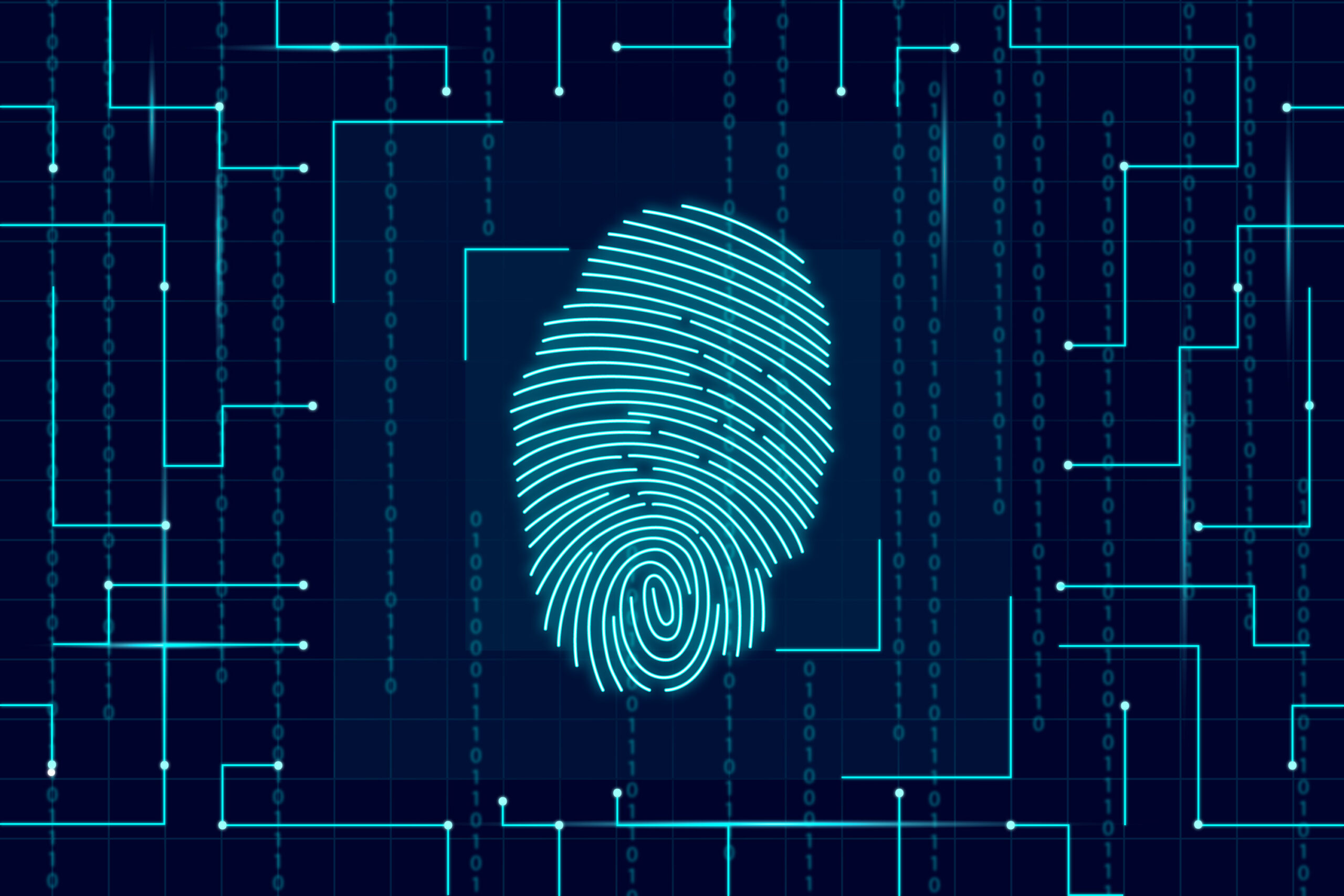Physical Address
304 North Cardinal St.
Dorchester Center, MA 02124
Physical Address
304 North Cardinal St.
Dorchester Center, MA 02124

We will dive into the details of DFIR in this blog posts. Initially, we will explain why we require a forensic investigator and discuss legal issues, code of ethics in DFIR.
Our DFIR blog series continues with the need for a forensic investigator and legal issues topics. We started our journey with the introduction of DFIR. Our second forensic blog is about forensics readiness. The digital forensic investigator is a technical professional investigating the findings during a cyber incident. The investigator’s primary tasks are collecting the evidence, analyzing the image, and reporting the results. We will dive into the details of DFIR in the following blog posts. We will explain why we require a forensic investigator in the following paragraphs.
A forensic investigator performs the following tasks:
One point is that a forensic examiner differs from a forensic investigator. The former only analyzes evidence as part of the forensic investigation process, while the latter relates it to the crime.
During the acquisition step, investigators must be cautious to avoid unlawful search and seizure charges.
When dealing with evidence related to Internet usage, investigators must preserve other users’ anonymity while determining the identity of the few involved in illegal activities.
This section provides a code of ethics according to the EC-Council, CHFI curriculum. You can access the details about CHFI here.
| Computer Forensic Investigator should: | Computer Forensic Investigator should not: |
|---|---|
| Perform investigations based on well-known standard procedures. Conduct assigned tasks with high commitment and diligence. Act with the utmost ethical and moral principles. Examine the evidence carefully within the scope of the agreement. Ensure the integrity of the evidence throughout the investigation process. Act under federal statutes, state statutes, and local laws and policies. Testify honestly before any board, court, or trial proceedings. | Refuse any evidence because that may cause failure in the case. Expose confidential matters without having any authorized permission. Exceed assignments beyond their skills. Perform actions that significantly lead to a conflict of interest. Present the training, credentials, or association membership in a wrong way. Provide personal or prejudiced opinions. Reserve any evidence relevant to the case. |
We hope this post helps you understand the details of being a forensic investigator. We started our journey about DFIR by asking about the meaning of the DFIR and understanding the evidence categories and investigation process. We finalized our introduction to DFIR/Computer forensics with this post. If you want to learn more about DFIR, you can read our DFIR topics.
Emre Caglar Hosgor